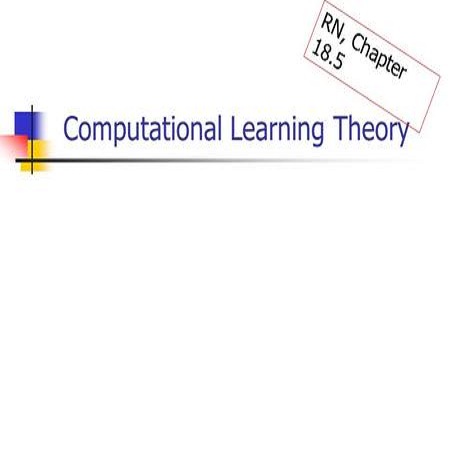Recently, we have been witnessing an increasing use of machine learning methods in self-adaptive systems. Machine learning methods offer a variety of use cases for supporting self-adaptation, e.g., to keep runtime models up to date, reduce large adaptation spaces, or update adaptation rules. Yet, since machine learning methods apply in essence statistical methods, they may have an impact on the decisions made by a self-adaptive system. Given the wide use of formal approaches to provide guarantees for the decisions made by self-adaptive systems, it is important to investigate the impact of applying machine learning methods when such approaches are used. In this paper, we study one particular instance that combines linear regression to reduce the adaptation space of a self-adaptive system with statistical model checking to analyze the resulting adaptation options. We use computational learning theory to determine a theoretical bound on the impact of the machine learning method on the predictions made by the verifier. We illustrate and evaluate the theoretical result using a scenario of the DeltaIoT artifact. To conclude, we look at opportunities for future research in this area.
翻译:最近,我们目睹了在自我适应系统中越来越多地使用机器学习方法。机器学习方法提供了支持自我适应的各种使用案例,例如,使运行时间模型跟上时段,减少大型适应空间,或更新适应规则。然而,由于机器学习方法在本质上适用统计方法,它们可能对自适应系统所作的决定产生影响。鉴于广泛使用正式方法为自适应系统所作的决定提供保障,因此在使用机器学习方法时必须调查应用机器学习方法的影响。在本文中,我们研究一个特定的例子,将线性回归结合到减少自适应系统的适应空间,同时进行统计模型检查,以分析由此产生的适应选择。我们使用计算学习理论来确定机器学习方法对核查者所作预测的影响的理论界限。我们用DeltaIoT工艺的假想来说明和评估理论结果。我们研究未来研究这一领域的机会。




